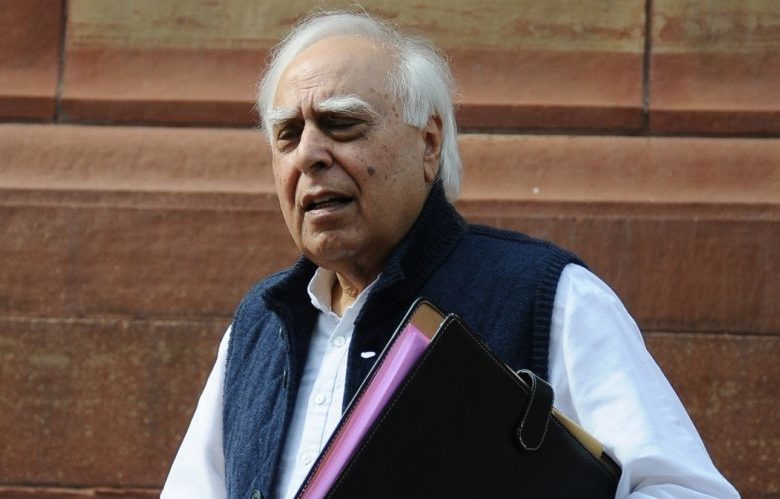Debate on Democracy and Development Intensifies Amid Ongoing Legal Proceedings
In a significant turn of events, Senior Advocate Kapil Sibal has raised strong concerns over the Centre’s approach towards the ongoing situation in Jammu and Kashmir. His comments came as a response to Solicitor General Tushar Mehta’s assertions regarding the state of affairs following the abrogation of Article 370.
On the 13th day of the ongoing hearing, Mehta emphasized the progress witnessed in Jammu and Kashmir post-Article 370’s abrogation. He argued that the right individuals were placed under house arrest and, consequently, the occurrence of bandhs (protests) was minimal. This assertion prompted a resolute response from Sibal, who cautioned against undermining the essence of democracy. He highlighted the significance of over 5,000 individuals under house arrest and the imposition of Section 144 throughout the state. Sibal contended that under such circumstances, the practicality and relevance of organizing bandhs were non-existent.
The exchange took a more pointed turn when Sibal challenged the factual statistics presented by the Centre. He argued that these figures held limited relevance in the context of the ongoing constitutional reference. Sibal posited that live-streaming of proceedings had made these statistics publicly available, inadvertently influencing public perception of the government’s actions.
In response, Mehta injected a touch of humor by stating that “progress never creates a problem.” He asserted that the absence of bandhs was an outcome of the right individuals being placed under house arrest, effectively neutralizing any potential for protests.
The Chief Justice of India, D Y Chandrachud, leading the Constitution Bench, intervened to reiterate the foundational principle of the debate. He emphasized that the constitutional challenge would be evaluated strictly on constitutional grounds, distancing itself from policy decisions. Chandrachud clarified that the developmental activities undertaken by the Centre post the August 2019 move would hold minimal significance in the constitutional challenge against Article 370’s abrogation.
Mehta reaffirmed the Union government’s commitment to restoring statehood once normalcy returned and reiterated their readiness for elections. However, the Supreme Court’s persistent inquiry into the timeline for statehood reinstatement pushed the Centre to provide more explicit clarity on the matter.
This ongoing legal discourse revolves around a cluster of petitions challenging the 2019 Presidential Order that nullified Jammu and Kashmir’s special status, subsequently dividing it into two Union Territories.
The passionate exchange of views in the courtroom reflects the nuanced dynamics and sensitivities inherent to the Jammu and Kashmir situation. As the constitutional challenge unfolds, the Supreme Court’s eventual verdict will undoubtedly shape the region’s trajectory, influencing its relationship with democratic principles and developmental initiatives.




